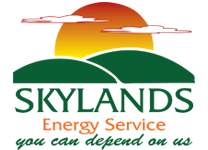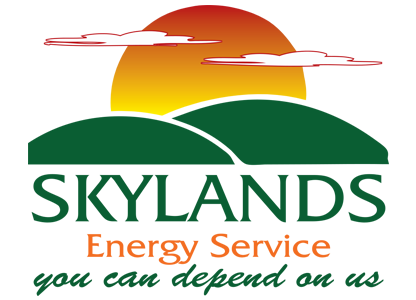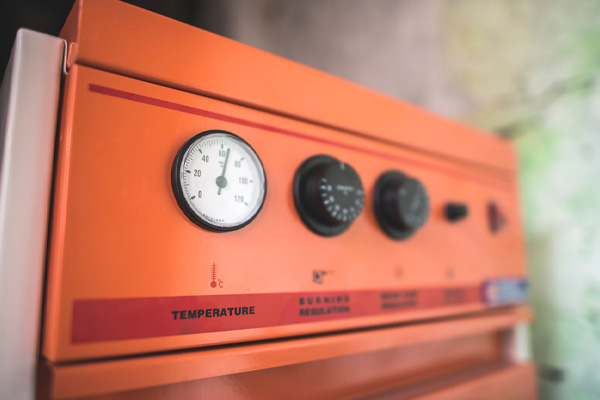
Heating oil systems usually share specific components such as a heating system (like a furnace or boiler), an oil tank, radiators, and more. However, one aspect they don’t share is the temperature setting for the central heating boiler. It is affected by different factors, such as the fluctuating temperatures outside and each household’s varying hot water needs. Therefore, your boiler settings may have significant differences from the next home. It is helpful to know the type of central heating boiler you have and the usual temperature settings in your home. This information can help you find the best boiler temperature for your hydronic heating system. Read on to know the recommendations so you can achieve efficient home heating.
Common Kinds Of Central Heating Boilers
Table of Contents
Learn which central heating boiler type you have at home and how it operates before trying to make boiler temperature adjustments.
Combi Boilers
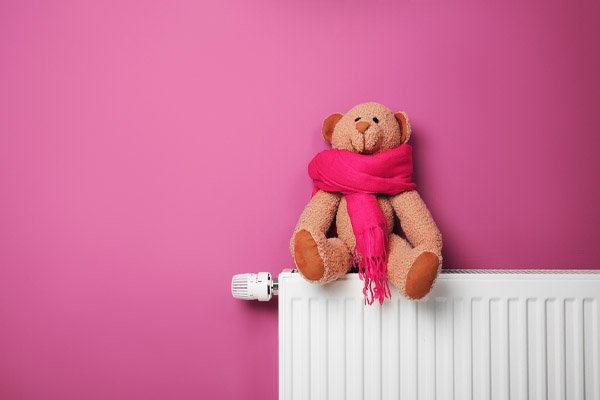
Combi boilers are formally called combination boilers. They are popular central heating options as a single unit offers heating and hot water. The main water supply of your house feeds cold water in it. The boiler pumps the fuel from the heating oil tank and then combusts it to generate heat. It is equipped with a heat exchanger that transfers the heat from the combustion chamber to the water. Combi boilers can heat quickly because they burn gas or oil to heat water.
These boilers are ideal for smaller properties because of their compact features. This means they don’t need space for a separate water tank. However, although one unit offers both hot water and heating, combi boilers cannot direct hot water to both water outlets and central heating. For instance, the central heating is on, and you turn on a faucet. The boiler will redirect the hot water to the faucet while you are using it.
Regular Boilers
A regular boiler is also called a conventional or heat-only boiler. These boilers have three parts: a boiler, a separate hot water tank, and a separate cold water tank. The tank to store cold water is usually placed in the attic or loft space as it utilizes gravity to supply water to the boiler. This water is heated and directed to the central heater’s radiators by the boiler. It also fills the hot water tank, so the home has hot water on demand.
This type of boiler is ideal for larger properties. A conventional boiler is your best bet if you have a home with several bathrooms or your main water supply has low pressure. Regular boilers require more space, but their separate water tanks can supply heating and hot water at the same time.
System Boilers
System boilers, like regular boilers, have hot water tanks. This lets this type of boiler supply the radiators with heating water and have hot water on demand. System boilers only have the boiler and the hot water tank. The main water supply in your home feeds the boiler, removing the need for a separate cold water cylinder.
These boilers are ideal for large properties with high water demands as well. Compared to regular boilers, they require less space and have more flexible installation options because many of their components are internal. In addition, system boilers need space for hot water tanks. If there is low water pressure in the main supply, the flow rate around the house will exhibit that.
Temperature Settings Of Central Heating Boilers
Your central heating boiler doesn’t have a single temperature it should be set at. Several variables determine what temperature you should set your boiler at. These variables include your personal preference and the weather. The ideal situation is that you adjust the temperature of your boiler within a certain range so that your boiler doesn’t overheat.
Recommended Hydronic Heating System Temperature Settings
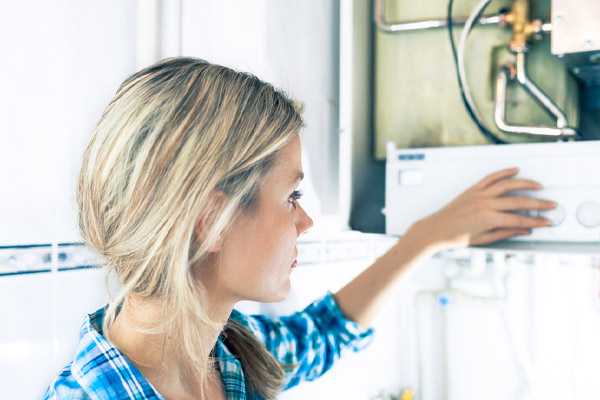
The hot water tank and central heating water will have different temperature settings. For heating water, you should adjust the low/high temperature settings of your boiler depending on the weather. You will have a more comfortable and efficient home with low boiler temperatures in the summer and high ones in the winter. The typical range of low-temperature settings is 120-160 degrees Fahrenheit, while the range of high-temperature settings is 180-200 degrees Fahrenheit.
Stay around 200 degrees at the highest if you require warm temperatures. Your boiler will begin overheating if the temperature increases over 212 degrees, which can cause a boiler to burst or leak.
The hot water tank’s temperature cylinder tends to remain within the same temperature range throughout the year. It is best to keep your hot water cylinder’s temperature within the 140-150 degrees Fahrenheit range. Ensure that the water temperature of your boiler doesn’t get too low for health and safety reasons.
Legionella bacteria can grow in freshwater that has a temperature ranging between 77-112 degrees Fahrenheit. This bacteria poses a risk to your health as you may contract a kind of pneumonia known as Legionnaires’ disease. According to the Centers for Disease Control and Prevention, your hot water tank should be kept at 124 degrees at the minimum.
Tips for Boiler Energy Efficiency
Utilize the temperature controls of your home so you can have efficient heating and achieve optimal energy efficiency. Thermostats in each room and programmable thermostats let you precisely control the temperatures of individual rooms. For example, you may want a cooler bedroom than the rest of your home to have a comfy and healthy sleep.
Smart temperature controls automatically regulate the temperature in your home. It also lets you control the temperatures remotely via a smartphone or tablet. These features allow you to lower your heat usage while you are away from home. Having your boiler setting fluctuate four to five degrees throughout the day helps you to achieve efficient home heating. Setting your home at a cooler temperature while you are away from home is cost-effective.
Call Skylands Energy Service For All Of Your HVAC Needs
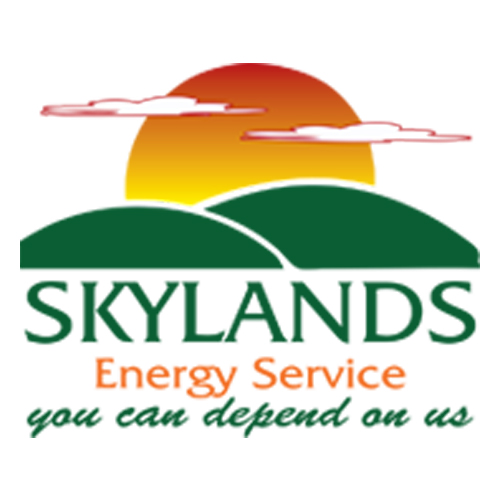
Skylands Energy Service provides reliable HVAC services throughout the area. We are staffed by a seasoned team of HVAC technicians who can capably handle all of your heating and cooling needs. Some of the HVAC services include heating and air conditioning equipment replacements, upgrades, installations, maintenance, and repairs. You can count on us to get the job done right.
When you want highly competitive rates for HVAC services, call Skylands Energy Service. Should you require a replacement heating or cooling system, we can help you find the right one for your home and budget. All of our services prioritize energy efficiency, indoor air quality, comfort, and quality. To schedule service, contact Skylands Energy Service. Be sure to request a free in-person consultation and estimate.
Contact us now at (908) 707-1776 to find out more! To view our service area, click here.
